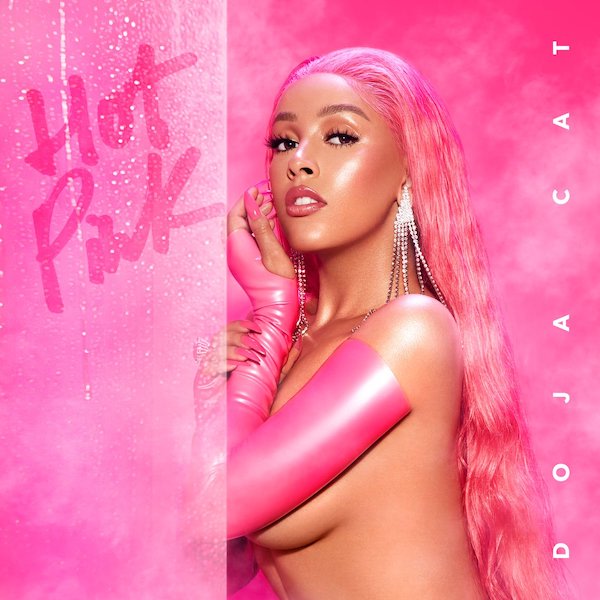How comedic memes can spur controversy in our society
Memes have been largely confined to the Internet. Recently, however, memes and Internet culture have been bleeding out into the real world. Mainstream media has been reporting on them and our culture has been affected by them.
It’s no secret that many people enjoy memes. They’re funny, they’re creative and yes, they can be political.
They’ve become so pervasive and influential that, back in August, a Texan poll revealed individuals had registered to run under the names Harambe and Deez Nuts to run for President.
The poll revealed Harambe was tied with Green party candidate Jill Stein, at two per cent of the vote, according to New York Daily News. Deez Nuts was beating both, at three per cent, according to the same report.
However, the newfound relevance of memes in the political and social sphere has put them under attack. In September, Donald Trump Jr. tweeted a picture where the faces of his father, other prominent conservatives and Pepe the Frog had been photoshopped onto the bodies of the actors on The Expendables 3 movie poster.
Soon after, a Clinton campaign staffer released a blog post on Clinton’s website explaining how Pepe, the cartoon frog in the picture, was a symbol of white supremacy. Hillary’s campaign website cited a now-defunct Twitter account, @JaredTWift, as proof that Pepe is, in fact, racist. Clinton even held a rally slamming Pepe.
Those entrenched in meme culture might find this overreaction to memes funny, but it’s actually frightening. The notion that a politician can use their authority to come out and declare any symbol—especially a meme hate symbol—controls people’s ability to express a wider range of thought.
Pepe is a reaction image. Some Pepes are happy, some are angry, most are sad. The problem with classifying memes as hate speech is their very nature: they are pictures that can be manipulated to mass-produce a wide variety of jokes.
Sure, there are racist Pepes. There are racist uses of any meme. But calling Pepe, in general, a hate symbol, is like calling a blank canvas a hate symbol because someone can potentially paint a swastika on it. That is not a good way to prevent a few instances of hateful behaviour.
You might be thinking, “Okay, but Clinton hasn’t outright banned Pepe”—and you’d be right. But politicians are not the only figures of authority attacking memes. Many universities have started banning memes, especially Harambe.
Clemson University in South Carolina sent out an email to one of its dorms stating that Harambe memes could not publicly be displayed because they were “racist” and promoted “rape culture,” according to The Independent.
The university never provided a reason for why they considered the Harambe meme to be racist or to be promoting rape culture, which ironically, makes those imposing the ban seem bigoted. While Clemson officials later overturned the decision, according to the same report, people who use the meme have continued to be shamed.
The McGill Daily printed an editorial about a Harambe vigil being held in Montreal, accusing those celebrating Harambe of racism because they were making a bigger deal of Harambe’s death than black deaths. This prompted a lot of outrage. Many comments on the article pointed out that the Harambe meme is often used to mock those who advocate against shooting him rather than to protect the child who fell in his enclosure.
If such malleable things as memes are classified as hate speech, many who have used the non-racist depictions innocently will be labeled racist, sexist or bigoted.
It may be hard to take memes seriously. But how we treat any expression of creativity or culture reflects on us as a society. We need to be more careful about what we label as “hateful,” and right now, we are not being careful enough.
